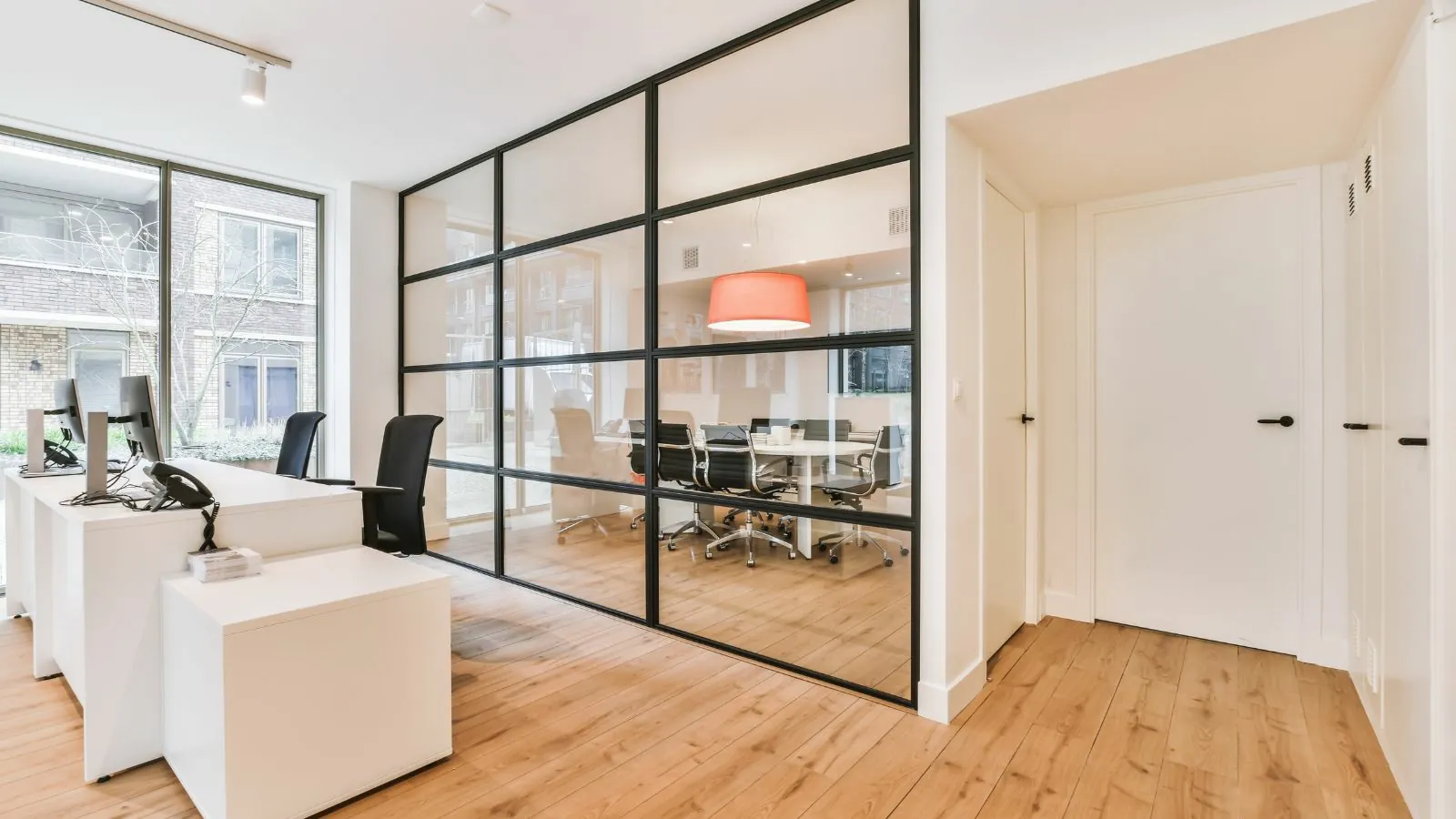When the phone buzzes with a call from the 240 area code, it often sparks a mix of curiosity and confusion. Is it a long-lost friend or perhaps a telemarketer trying to sell a miracle kitchen gadget? With the rise of robocalls, it’s hard to tell who’s on the other end of the line.
Nestled in Maryland, the 240 area code covers a vibrant mix of communities, but that doesn’t mean every call is worth answering. Understanding the origins of these calls can save time and sanity. So, before picking up, let’s dive into the world of 240 area code calls—because sometimes, knowing who’s calling is half the battle.
Table of Contents
ToggleOverview of 240 Area Code
The 240 area code serves parts of Maryland and was introduced in 1997 as an overlay for area code 301. It encompasses several regions, including Montgomery County, Prince George’s County, and parts of western Maryland. Area code 240 primarily covers suburban areas near Washington, D.C., making it strategic for businesses and residents alike.
Calls from this area code can originate from various sources, including local residents, businesses, and telemarketers. The prevalence of robocalls from this region has increased, contributing to uncertainty when receiving calls. Identifying the source of the call becomes essential, especially when determining if it involves a friend, family member, or an unsolicited pitch.
Statistics show that complaints about robocalls have surged in Maryland, prompting residents to be cautious when answering unknown numbers. Understanding the makeup of area code 240 helps individuals navigate these calls better. Research indicates that calls from 240 often target specific demographics, with telemarketing campaigns aimed at local communities.
Knowledge about area code 240 enables informed decisions regarding phone calls. Recognizing the geographical and cultural context of this area can minimize confusion and frustration for those receiving calls. As telemarketing continues to evolve, awareness of how and why calls come from this area code remains crucial.
Common Reasons for Calls from 240 Area Code

Calls from the 240 area code can arise for various reasons. Understanding these reasons helps individuals manage their responses effectively.
Business and Telemarketing Calls
Businesses often use the 240 area code for outreach purposes. Many local companies in Montgomery and Prince George’s Counties conduct marketing efforts from this code. Telemarketers frequently dial numbers in this area, contributing to the increase in unsolicited calls. Potential customers might receive offers or promotions, making it important to determine the call’s legitimacy. A significant volume of robocalls infiltrates the 240 area code, prompting residents to be vigilant. Statistics show that Maryland residents frequently report these calls as unwanted or intrusive, adding to the uncertainty surrounding them.
Personal and Social Calls
Calls from friends or family members can also originate from the 240 area code. Residents who live in the region often reach out using local numbers, fostering connections. Individuals may receive invitations, updates, or casual chats, reinforcing social ties. However, amid the rise of telemarketing calls, identifying personal calls may pose challenges. Many people feel a mix of apprehension and relief when answering a call from this area code. Familiarity with local contacts becomes essential in making informed decisions about which calls to answer.
How to Identify Legitimate Calls from 240 Area Code
Legitimate calls from the 240 area code can often be distinguishable with the right strategies. Knowing how to effectively utilize caller ID and conduct verification can greatly aid in this process.
Caller ID and Verification Tips
Use caller ID to identify incoming calls. Legitimate businesses typically display their name or the company’s name. Check the number against known local business directories or websites. For peace of mind, return urgent calls using verified numbers instead of calling back directly. When unsure, Google the number to see if associated complaints exist. Those steps provide clarity about who’s calling and their intent.
Red Flags for Scam Calls
Beware of unfamiliar numbers that lack prior communication. Unsolicited offers of prizes or requests for personal information often signal a scam. Listen for high-pressure tactics that encourage immediate action; legitimate businesses typically provide time for decisions. Be cautious if the caller demands payment via gift cards or cryptocurrency. Calls made outside normal business hours may suggest illegitimacy, as reputable companies maintain standard hours. Staying alert to these red flags can help in avoiding scams.
Dealing with Unwanted Calls from 240 Area Code
Unwanted calls from the 240 area code can be frustrating. Knowing how to manage these interruptions can save time and reduce stress.
Blocking and Reporting Numbers
Blocking numbers effectively halts unwanted calls. Most smartphones feature built-in options to block specific numbers. Reporting spam numbers to the Federal Trade Commission (FTC) helps authorities track and address telemarketing issues. Additionally, state regulators may assist by investigating such complaints. Contacting service providers often provides options for blocking or filtering suspected spam calls. Use apps designed to identify and block robocalls, enhancing protection against future unwanted contact. Keeping a log of suspicious numbers can also support reporting efforts.
Legal Considerations and Consumer Rights
Understanding legal protections regarding unwanted calls empowers consumers. The Telephone Consumer Protection Act (TCPA) prohibits unsolicited telemarketing calls to cell phones. Consumers must provide consent before receiving these calls. Under this law, individuals can claim damages for violations, promoting accountability among telemarketers. The National Do Not Call Registry enables individuals to opt-out of unwanted marketing calls. Registering personal numbers assists in reducing telemarketing outreach. Knowing these rights ensures that individuals can take appropriate action against unwanted calls and protect their privacy.
Receiving calls from the 240 area code can be a mixed bag of experiences. While some calls may come from friends or local businesses, the prevalence of telemarketing and robocalls adds a layer of uncertainty. By understanding the characteristics of this area code and employing strategies to identify legitimate calls, individuals can navigate these communications more effectively.
Staying informed about the potential for scams and utilizing tools to block unwanted calls can significantly reduce stress. Ultimately, being proactive and aware can empower residents to make better decisions when answering calls from the 240 area code, helping them maintain connections while minimizing disruptions.



